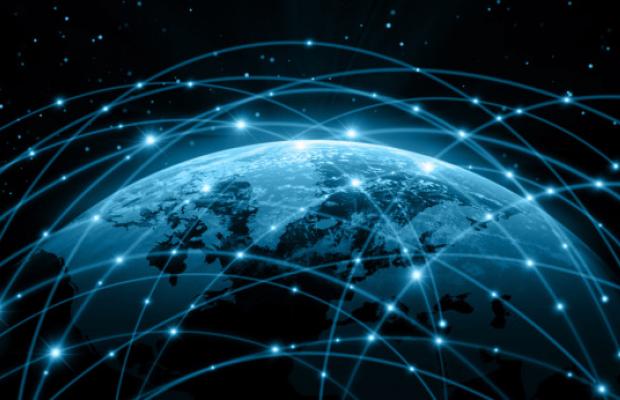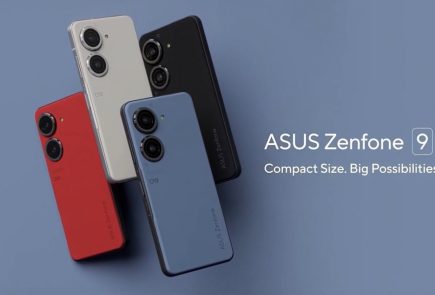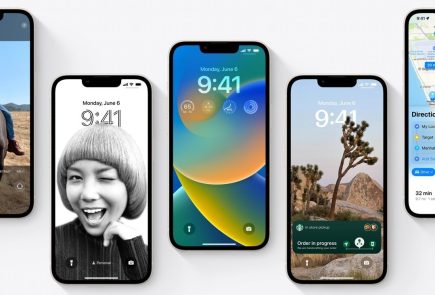Winning! FCC Sides with Net Neutrality and Free Internet

The fate of the internet was hanging by a thin thread. Telecom corporations were leading a massive, expensive attack on the free and fair internet by deleting an essential clause called Net Neutrality. The news came into prominence leading to a tremendous backlash from the public who overwhelmingly told the government to keep the internet open and free. Last night the Federal Communication Commission sided with the demands of the people and has voted for net neutrality.
The net neutrality principle states that the internet is one singular entity, and it cannot be broken down into its various services. It orders the internet providers to allow access to all Internet content at the same speed. The telecom companies were after this principle so they could establish fast lanes for the highest payers and slow lanes for everyone else.
In a 3-2 vote, FCC classified Internet as a public utility under Title II of the Telecommunications Act. Internet will now be treated just like water, electricity, landlines, or any other essential service. The Title II classification also gives FCC greater authority to regulate the internet. These new rules apply to wireless as well as wireline internet providers.
It is official: Net Neutrality is the law of the land.
— Tim Wu (@superwuster) February 26, 2015
Tim Wu, who coined the term net neutrality, welcomed the decision.
BREAKING: @FCC has voted to uphold #NetNeutrality: pic.twitter.com/2WBnGSJEwv
— Bernie Sanders (@SenSanders) February 26, 2015
Today’s #NetNeutrality ruling marks a huge victory for free speech. Thank you to everyone that stood up to keep the Internet open & free -Al
— Al Franken (@alfranken) February 26, 2015
US Senators Al Franken and Bernie Sanders, who were the major supporters of the net neutrality principle called it an “enormous victory” for the people. The decision only affects the United States, but it sets a benchmark for other countries to follow. It also shows how emotional a subject the internet has become; it is an essential cog in the everyday life of people. It’s not just an endless vortex of cute babies, puppies, and cat videos but is a platform for establishing the information age economy for everyone.
Here in India, Airtel was on the receiving end of the backlash when it attempted to break the internet to charge more for the services. The pubic response led Airtel to roll back its decision. This teaches you an important lesson that if you don’t want to be ruled by corporate greed, you have to protest their unruly decision.






















